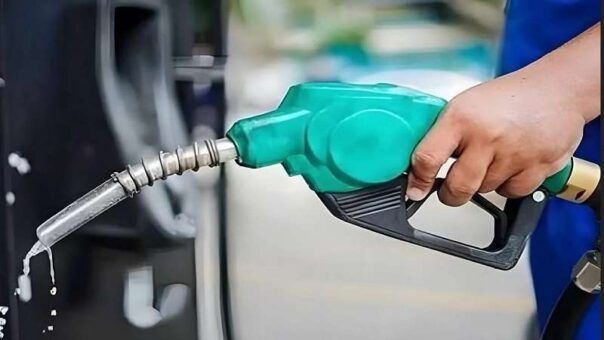Islamabad, February 29, 2024 – In a move that is likely to exacerbate the financial strain on the already inflation-burdened populace, the outgoing caretaker government of Pakistan announced on Thursday a significant hike in the price of petrol by Rs 4.13 per liter, effective from March 1.
The new petrol price is set at Rs 279.75 per liter, as outlined in a notification from the Finance Division, and will remain in effect until March 15.
Contrary to the increase in petrol rates, the Finance Division mentioned that the price of high-speed diesel will remain unchanged at Rs 287.33 per liter during this period. The adjustment in prices follows the regular 15-day revision cycle, aligning them with global oil price trends and the exchange rate of the Pakistani rupee against the US dollar. The rupee has maintained stability in recent times.
The current adjustment marks the third consecutive petrol price hike implemented by the interim government, and it is expected to be the last under their tenure. This comes as an elected prime minister is set to assume office by the end of the week, marking the conclusion of the longest-serving caretaker government.
The decision to raise petrol prices was not unforeseen, as it aligns with the upward trajectory of global oil prices. A report in The News attributes the surge to a recovery in demand and persistent tensions in the Middle East. Approximately 85% of Pakistan’s oil requirements are met through imports, exposing the nation to the volatilities of global oil markets.
Pakistan has grappled with a challenging economic scenario, characterized by a balance of payments problem and soaring inflation. Notably, the inflation rate reached 28.3% in January, reflecting the economic challenges faced by the country. The consecutive petrol price hikes contribute to the financial burden on the ordinary citizens, many of whom are already grappling with the rising cost of living.
The impact of these adjustments is particularly significant considering the import-dependent nature of Pakistan’s oil requirements. The continuous reliance on global markets for oil exposes the country to external factors beyond its control.
As Pakistan transitions from the caretaker government to an elected leadership, there will be a keen eye on how the new administration addresses economic challenges, including inflation and energy prices. The surge in petrol prices underscores the importance of formulating robust economic policies that can mitigate the impact of external market forces and ensure the welfare of the citizens.
The incoming government will face the task of steering the country towards economic stability and fostering sustainable growth. The global economic landscape, particularly oil prices, will continue to influence Pakistan’s economic trajectory, necessitating vigilant policy-making to safeguard the interests of the population and promote a stable and prosperous future.
